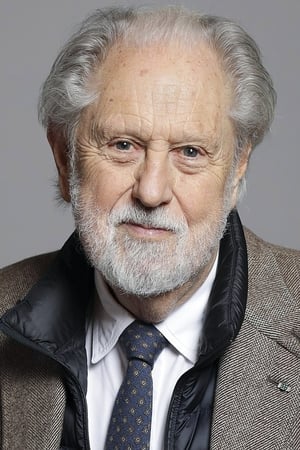About the Movie Section
Most data and links to images for the Movies section come from
TheMovieDB
(TMDB).
Additional data for Film Titles come from
The Open Movie
Database (OMDb).
At least one plug-in comes from
IMDb.
Data are -- hey, it's a plural -- subject to the
limitations of their sources. (For example, TMDB search results
currently max out at 20.) I am limiting myself to free data
sources for now. (No, a "free trial" is not free.)
While much of the above data are retrieved directly from outside
APIs and other such sources, data from
American Film
Institute (AFI) and
British Film
Institute (BFI)
were manually entered the old fashioned way into a MySQL database.
Re BFI I took the following liberties:
-
I added "runners up" to Top 10 lists, treating them as
ties where applicable and numbering them accordingly at
the bottom of each list.
-
Regarding those polls wherein "franchise" movies were
submitted as one project until BFI's policy changed to
regard them separately, I treated them as ties and
renumbered the affected lists accordingly (e.g. the
Godfather films).
Regarding profile removals and data corrections:
-
If you would like your profile removed from this
site, please contact the source of this data
directly, TheMovieDB.
My assumption is: once it's gone from their site, it should soon
be gone from this site.
-
If you would like to correct movie data on this
site, please contact the source of this data
directly, TheMovieDB.
My assumption is: once it's corrected on their site, it should
soon be corrected on this site.
-
For additional corrections and profile removals, please e-mail
The Open Movie Database
(OMDb).
Filtering is applied here to film projects flagged as "adult" by
TheMovieDB. Pending "popular demand" I am contemplating a login
and profile system with preferences (such as whether to allow
adult images to appear) and permissions (such as data entry).
Whereas the overall purpose of this website is to serve as a
personal demo/portfolio/workshop of web and data skills, this
Movies section is not meant to compete with or substitute for
far more definitive movie websites.
Whether or not he still clings to an award which he won in 1986
as a film critic for his college's newspaper, Jeffrey Hartmann
is not responsible for the texts of overviews and biographies
supplied by external data sources.

